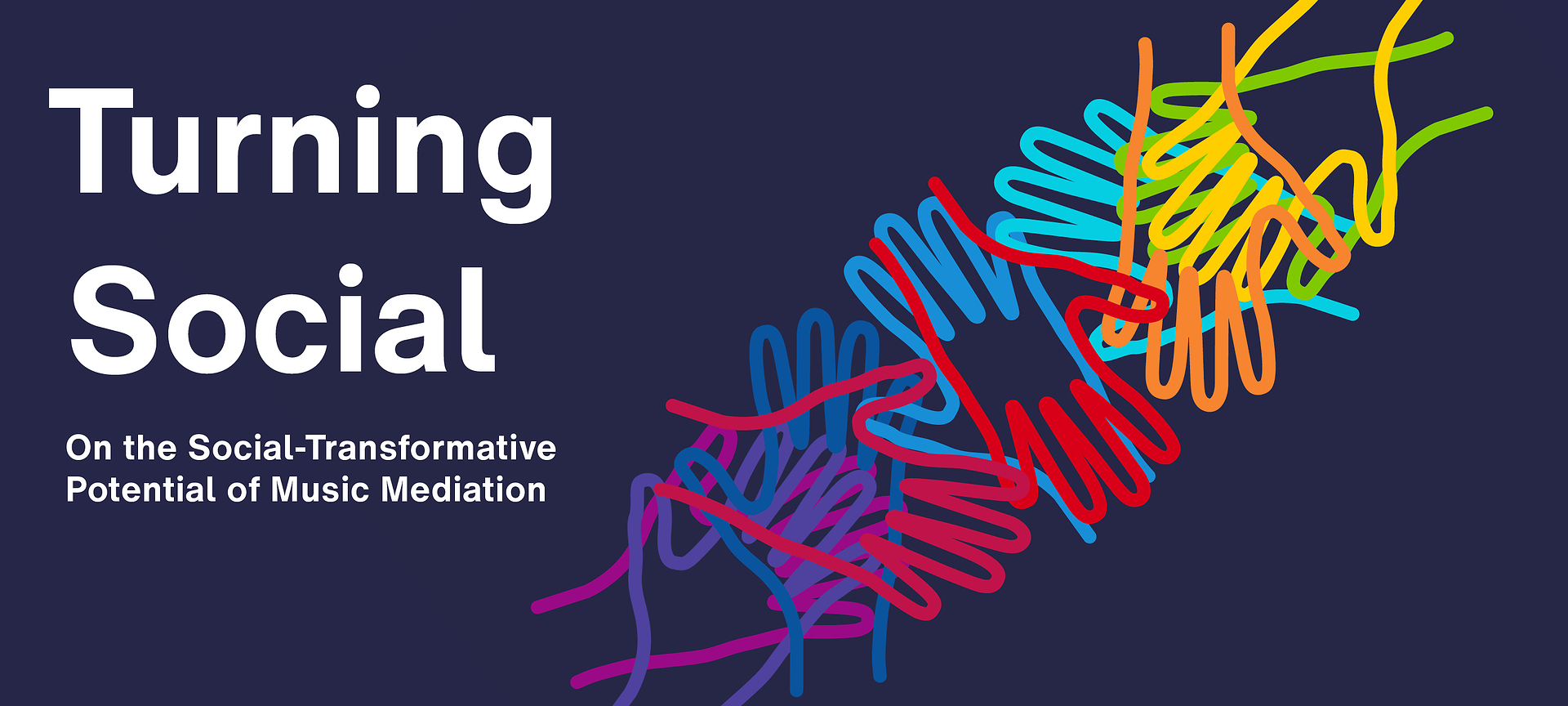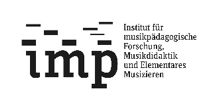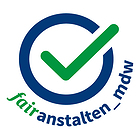
June 15th and 16th, 2023
mdw – University of Music and Performing Arts Vienna, Fanny Hensel-Hall & Live-Stream (Zoom)
Concept and organization: Axel Petri-Preis & Sarah Chaker
Different innovative potentials are attributed to the practice of music mediation (Musikvermittlung, médiation de la musique, audience and community engagement). According to the logic of cultural institutions, it is associated with audience development, the hope of acquiring new audiences. From the perspective of cultural education, music mediation is capable of enabling intensive aesthetic experiences that stimulate musical learning processes. In terms of cultural policy, it is believed to enable access to the cultural heritage. Finally, from a socio-political perspective, music mediation is seen as having the potential to exert a socially transformative effect on concert life, (higher) music education and society as a whole.
In order to unfold this social-transformative potential, practitioners in music mediation make use of the great attraction that music exerts on (many) people. Through music it is possible to unite people spatially for a certain time, to bring them together in one place – be it physical or digital. After more than two years marked by physical distancing during the Corona pandemic, the initiation of real encounters between people through music is of central importance for the practice of music mediation.
Under the influence of decolonial, power-critical, and discrimination-critical thinking, as well as a social turn in the arts (Claire Bishop) music mediation today is increasingly about using music and specific music formats to initiate encounters between people with different biographical, social, and cultural backgrounds in the sense of "cultural democracy" (François Matarasso). In our opinion, this is precisely where the social-transformative potential of music mediation lies: as an artistic-educational practice, at its best, it instigates cultural partaking and “pargiving” (Mark Terkessidis), prepares the ground for novel aesthetic experiences, initiates interactions between people from socially and culturally heterogeneous population groups and thus stimulates communication, develops tolerance for ambiguity, and reassures people of their ability to act. Identifying existing hierarchies, power relations, supposed interpretive sovereignties and internalized exclusion mechanisms and negotiating them together in a critical artistic way is another important concern of activities of music mediation in this context.
Against this background, questions we will address at the conference include the following:
- What (new) tasks and functions can and should music mediation take on in light of current global challenges, upheavals, and crises?
- What and how can music mediation contribute to decolonial and diversity-sensitive processes, given its own anchoring in the classical bourgeois concert system?
- How can the practitioners of music mediation develop socially transformative effectiveness within the currently existing structural conditions in the cultural sector, in higher music education, and in society as a whole?
- In what way can formats of music mediation critically question existing hierarchies and power relations (individual, structural, institutional), together with their mechanisms of inclusion and exclusion, and contribute to their change?
- What could be the way and manner of projects that, with emancipatory intent, make voices that are silenced in public discourse audible and strengthen people in their ability to act in society?
- What quality criteria must a socially transformative music mediation meet and how can these be evaluated?
- What is the past and present self-image of actors in music mediation?
- What does the self-expectation of a socially-transformative music mediation mean for a high-quality university music education/the education of future practitioners of music mediation?
The hybrid two-day conference is aimed at researchers, artists, educators, and practitioners of music mediation, and includes academic lectures, reflections on different formats of music mediation, discussions and workshops. Conference Languages are English and German, simultaneaus interpreting will be available.



